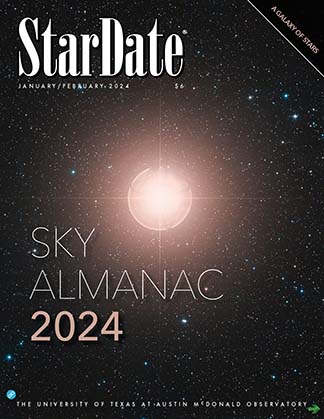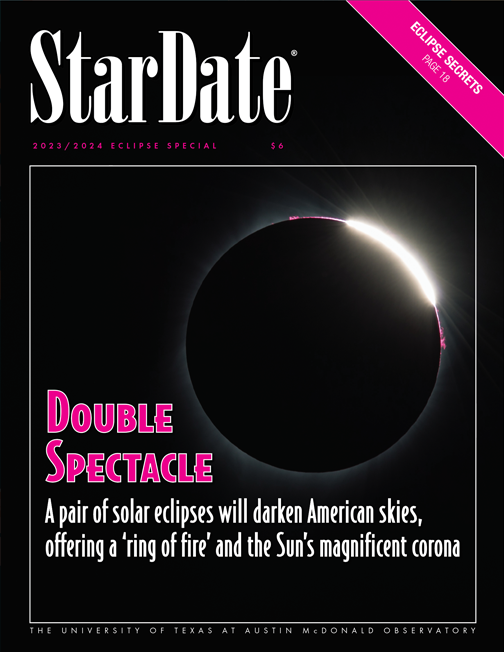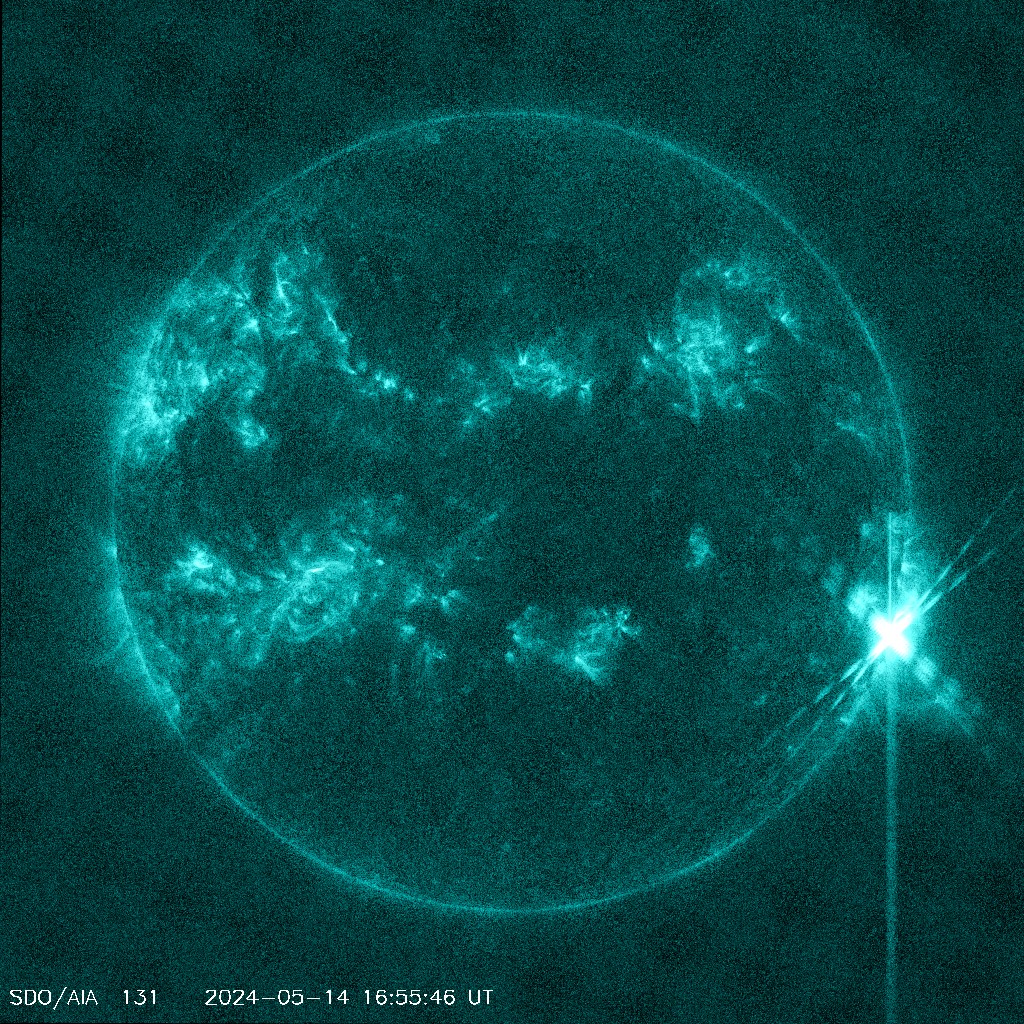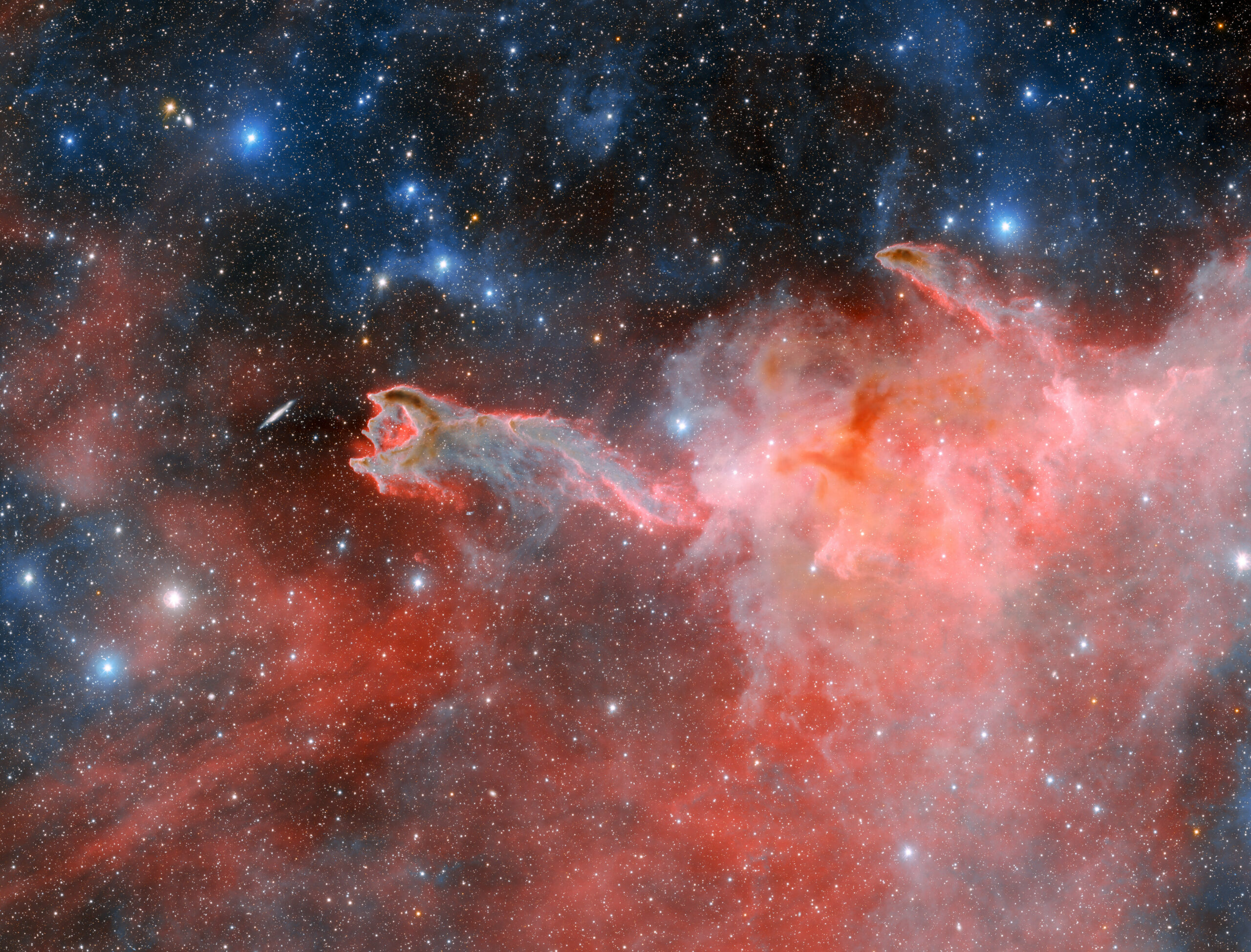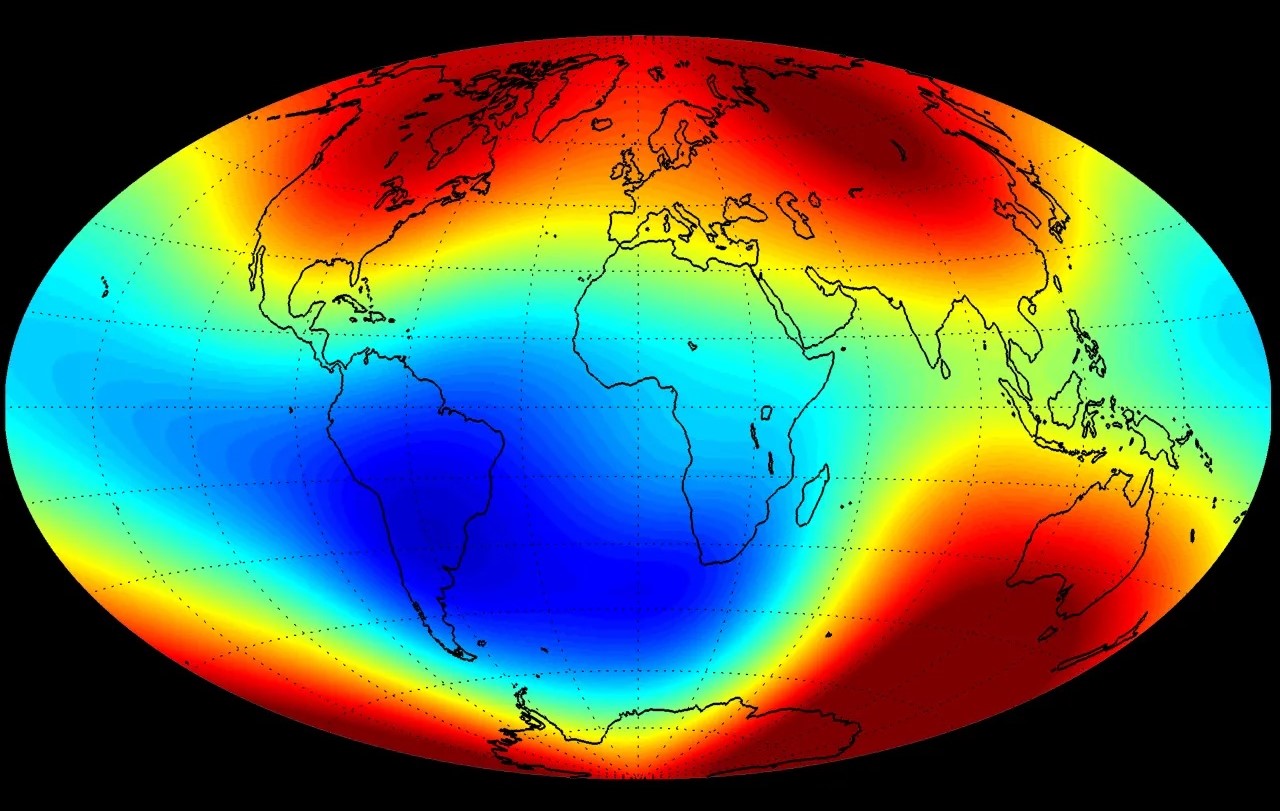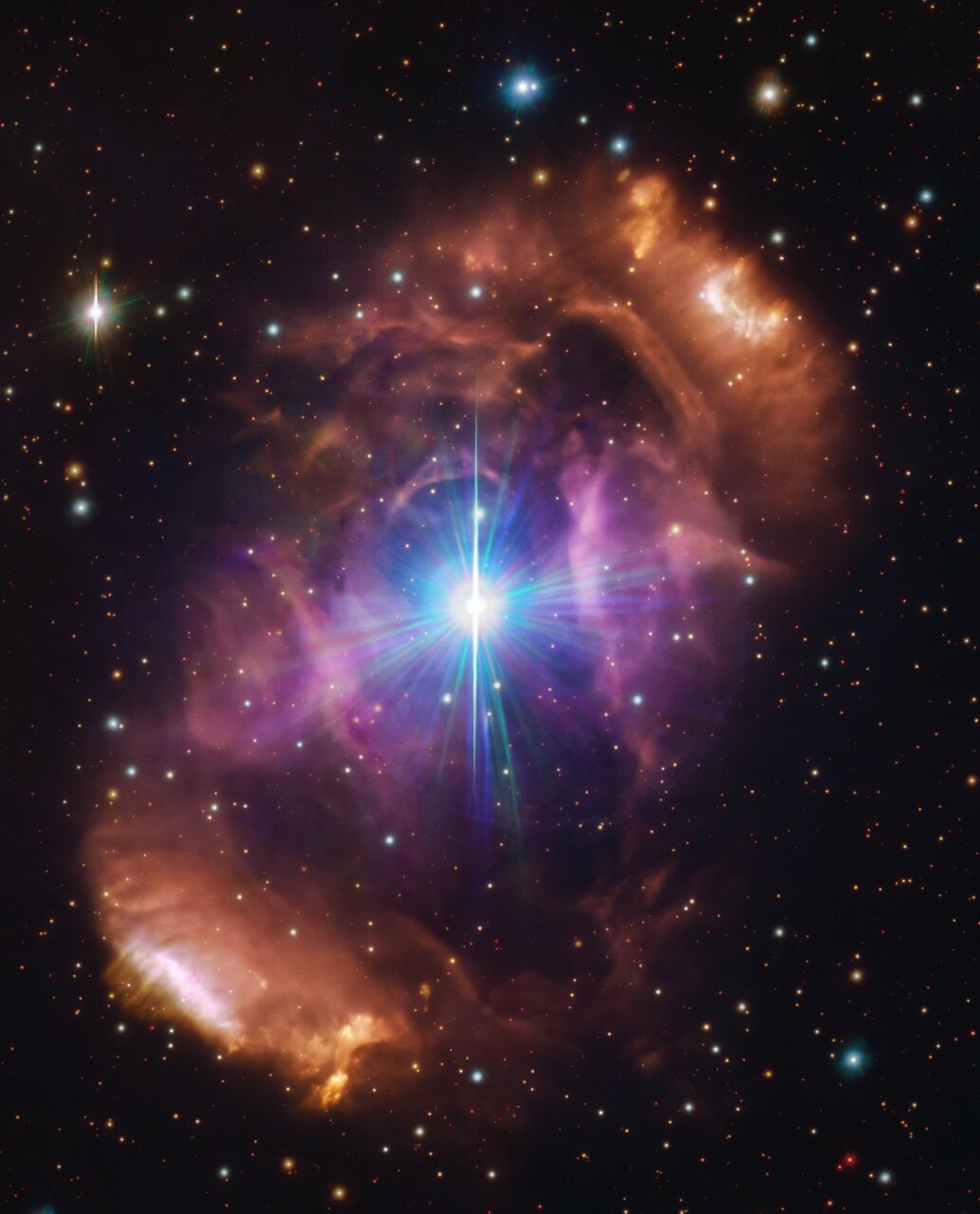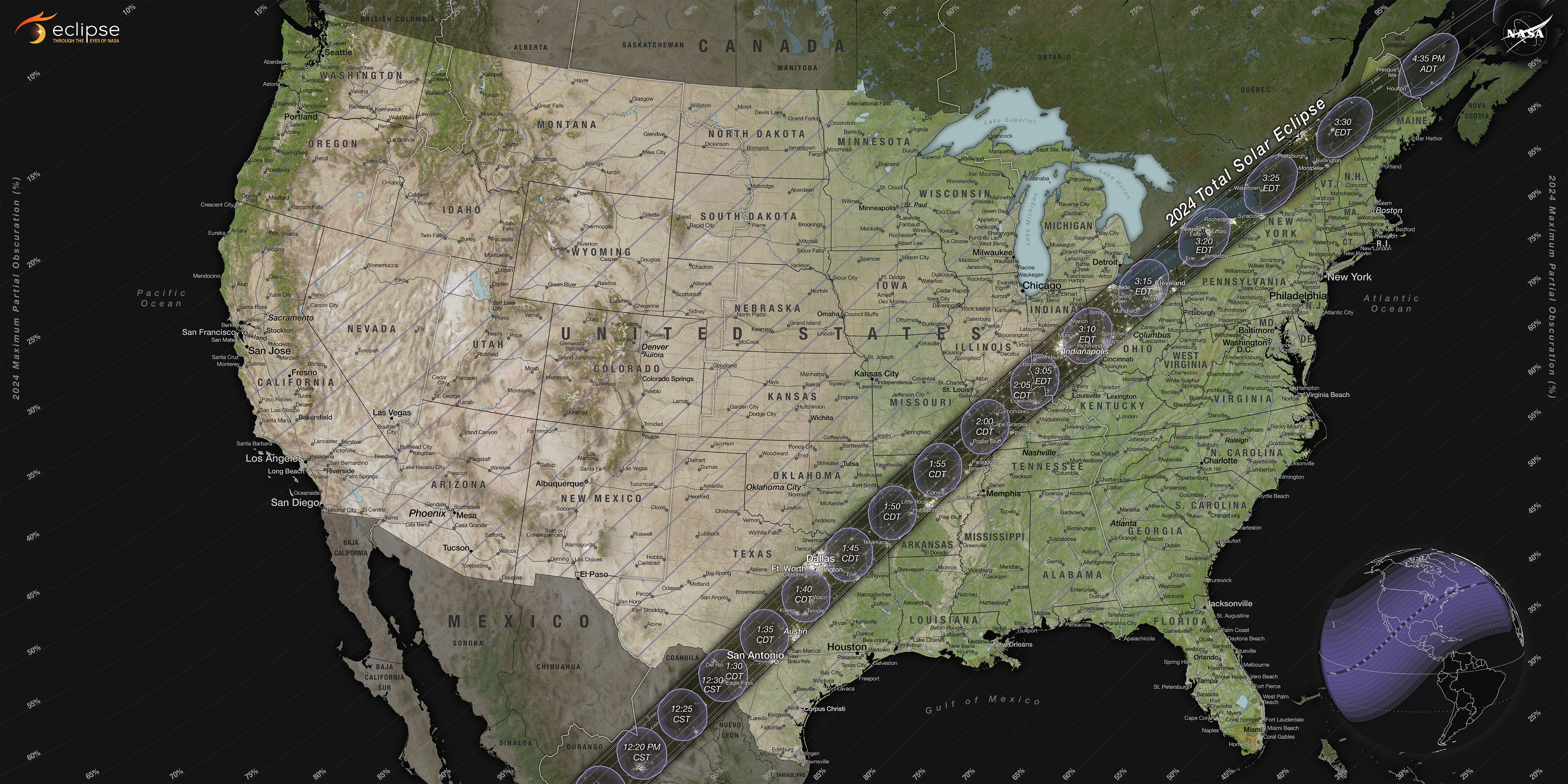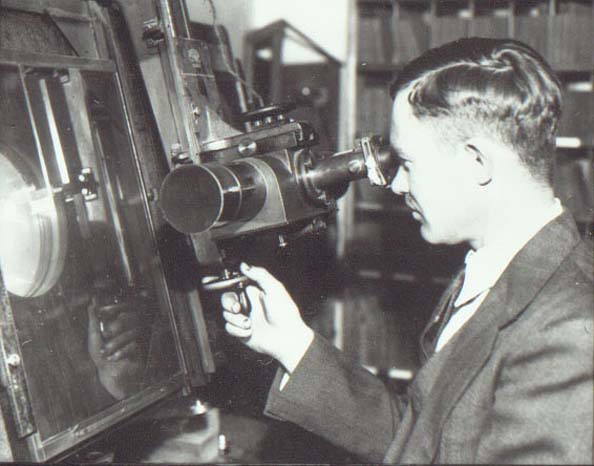Welcome to StarDate
Home of America’s longest-running national daily astronomy radio feature.
And so much more.
Stardate:
June 3, 2024Radio: Today’s Episode
Martian Lakes
Splashing into ancient Martian lakes
Premium Same-Day Audio Access lets you stream episodes of StarDate the same day they air.
Log in or subscribe now to listen!
Radio: Yesterday’s Episode
Zapping Mars
Sounding out the rocks on Mars
 /RSS Feed
/RSS Feed
Stargazing
Dark Clouds
Some of the most interesting objects in the constellation Ophiuchus look like dark holes in the sky. Instead, they are immense clouds of cold gas and dust. They absorb the light of the stars behind them, so they look almost black.
Zapping Mars
Look for Mars in the dawn sky. It looks like a fairly bright orange star, low in the east at first light. Tomorrow, the planet will stand close to the upper right of the Moon. Mars will climb a little higher into the sky as spring ends and we head into summer.
Moon and Mars
Mars and the Moon are close together the next few mornings. Mars looks like a moderately bright star. It will stand to the lower left of the Moon at dawn tomorrow, and about the same distance to the upper right of the Moon on Monday.
Moon Phases
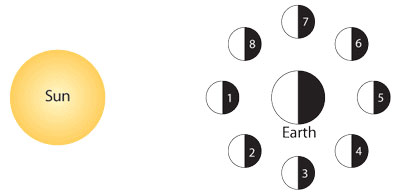
At the new Moon phase, the Moon is so close to the Sun in the sky that none of the side facing Earth is illuminated (position 1 in illustration). In other words, the Moon is between Earth and Sun. At first quarter, the half-lit Moon is highest in the sky at sunset, then sets about six hours later (3). At full Moon, the Moon is behind Earth in space with respect to the Sun. As the Sun sets, the Moon rises with the side that faces Earth fully exposed to sunlight (5).
Today’s Sponsor
Stardate Magazine
Current Issue: MaY/JUNE 2024
The Return of IGRINS
by Emily Howard
This issue highlights the return of an instrument that studies the infrared universe, and after a decade, it’s about to come home to the McDonald Observatory in Texas. We’ll also have all the latest astronomy news, a comprehensive two-month stargazing guide for the months of May and June, detailed skycharts, and answers to your astronomy questions from our science guru Merlin.

Shop
Combos – Bundle and Save
Popular
Explore
Featured Images
Fun Factoid
More fun facts in our Astro Field Guide!
Star Teachers
Stars and Galaxies
Galaxies contain billions of stars. Do galaxies collide? Do the stars within them collide?

